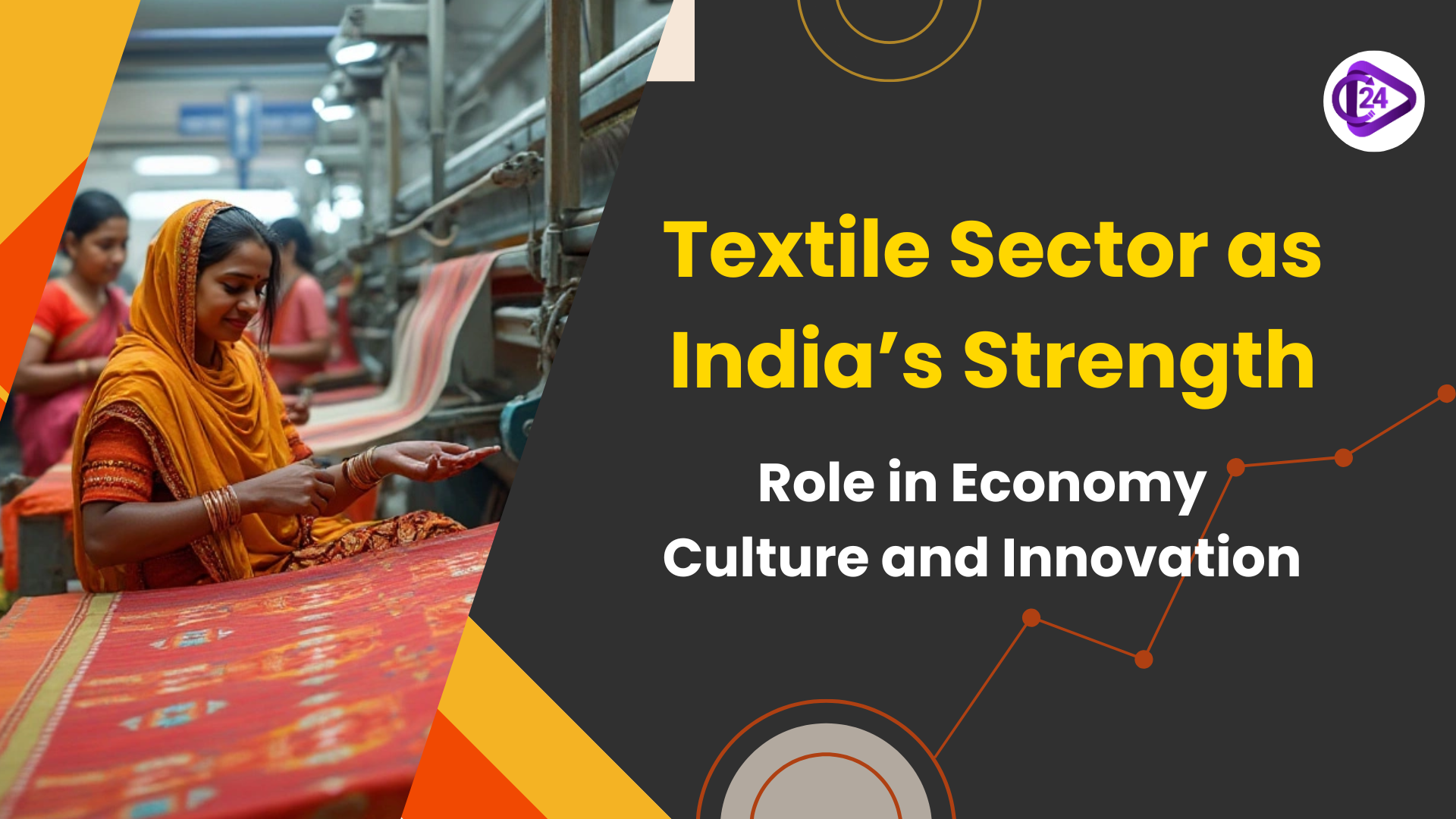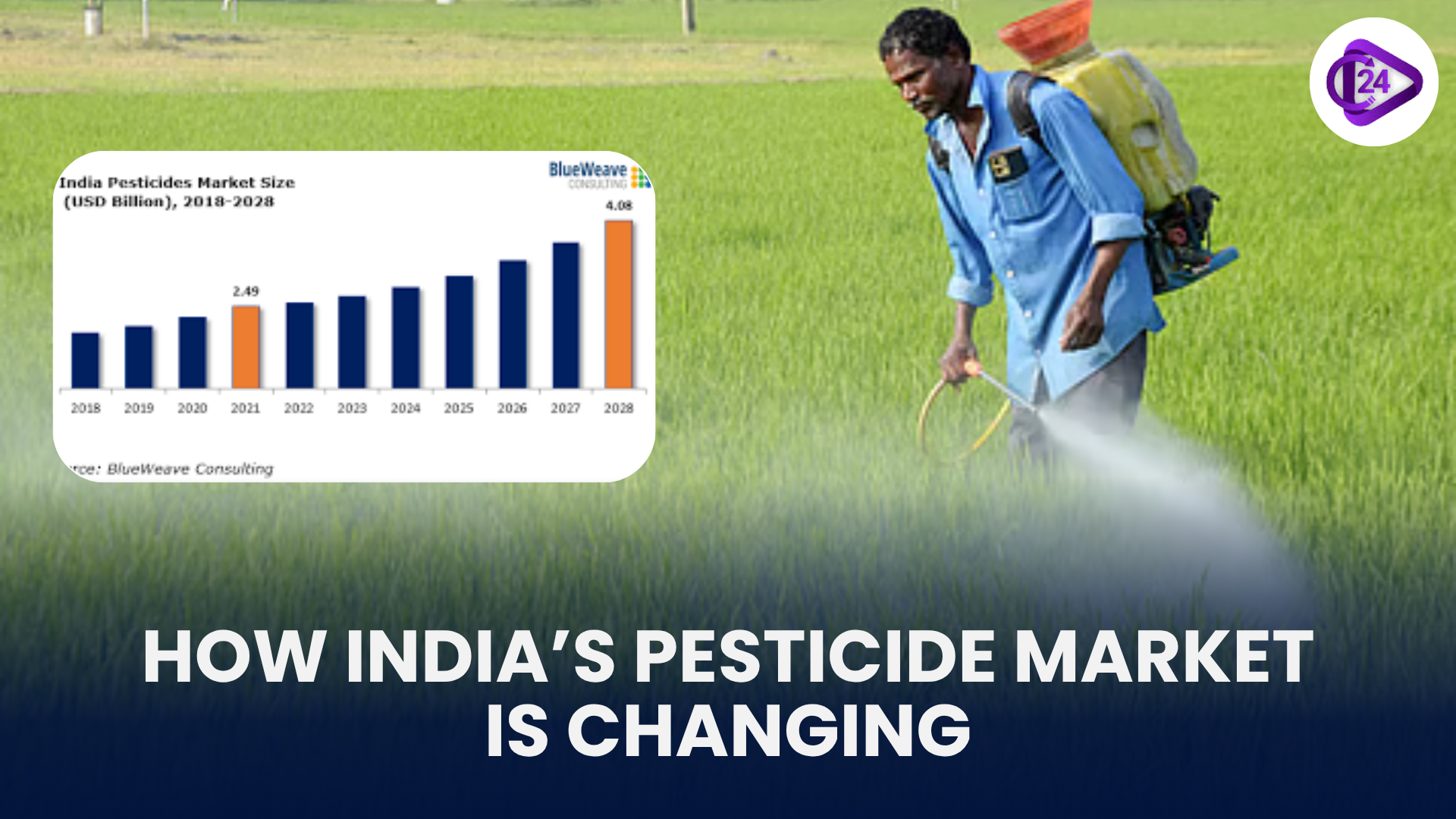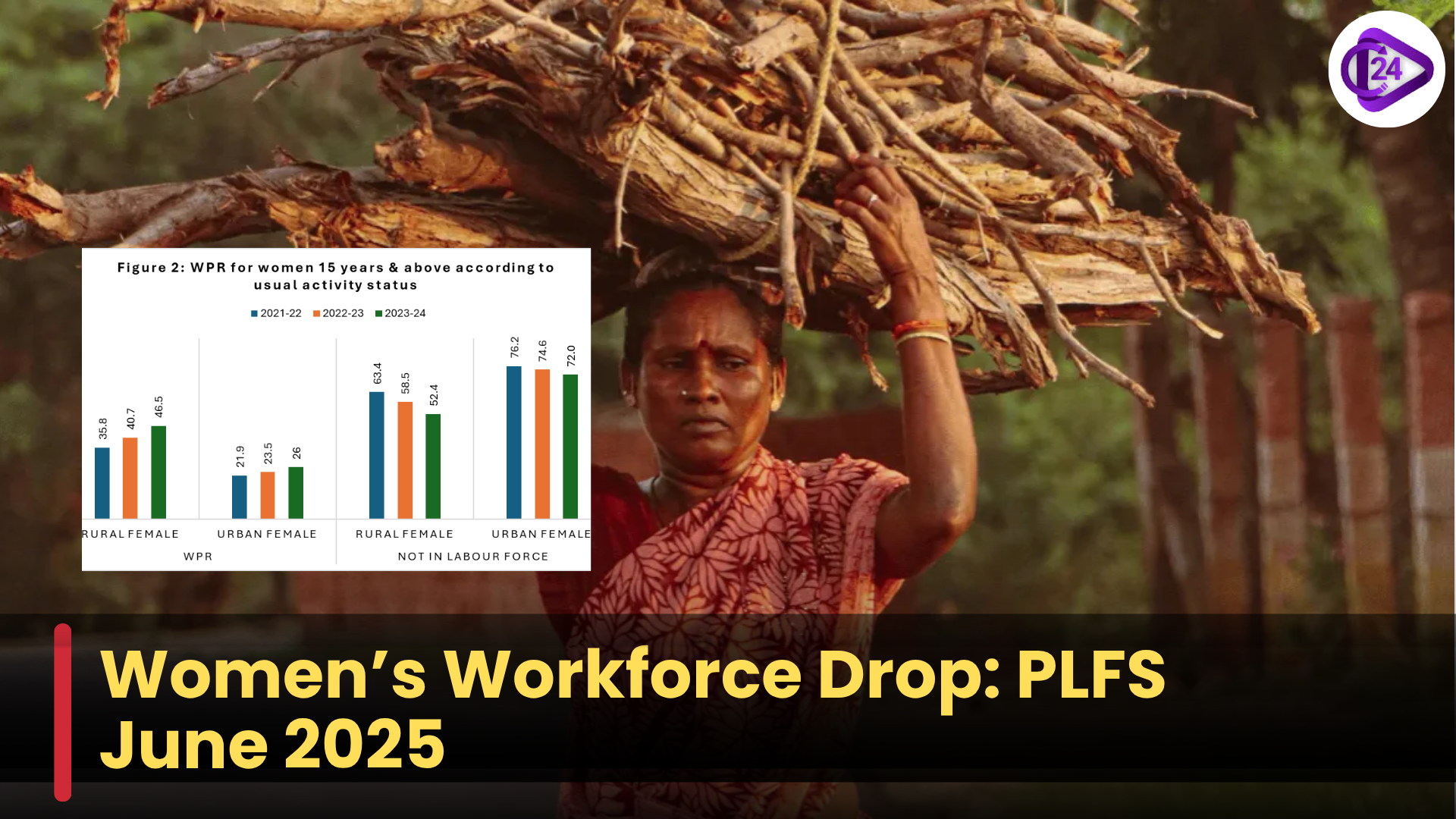
Indian textile has been a source of pride, as far as the culture and economical strength of the country is concerned. Recently, in the Mann Ki Baat address, PM Narendra Modi indicated the increasing importance of the textile industry, particularly the role of the textile sector in employment, innovation, and international fame. Today, the industry has more than 3,000 active start-ups whose drive is a combination of traditional artisans and modern entrepreneurs.
Historical and Cultural Implication
-
The textile industry has been greatly rooted with the Indian freedom movement especially with the cause of the Khadi Movement initiated by Mahatma Gandhi.
-
The National Handloom Day (August 7) remembers the Swadeshi movement of 1905 and keeps the corporate memory of the sector in Indian nationalist history alive.
-
Classic Indian fabrics such as Paithani sarees and Santhali weaves and Nalanda handlooms symbolize India and its abundance of diversity and crafts.
Economic impact and Empowerment
-
The industry contributes to numerous employment, especially to the women and rural residents:
-
There was inclusive growth when more than 650 tribal women in Odisha revived the Santhali sari.
-
The families who possess the generational knowledge such as Naveen Kumar of Bihar are combining the tradition with the contemporary business models.
-
The textile and handloom industry is a major extractive industry to the Indian export and its GDP.
Start-Up Ecosystem
-
The textile industry is experiencing a transformation to technology with more than 3,000 start-ups in operation.
-
Innovation in fabric design, e-commerce and sustainability is led by designers, young entrepreneurs, and grassroots women cooperatives.
-
Such shift in government schemes such as the PM Mitra Parks, Start up India, and Skill India complement modernization.
Culture and Diplomacy
-
The diplomacy of soft power uses Indian textiles to strengthen its image all over the world.
-
The handcrafted quality of Indian fabrics and its cultural history has worked as a competitive advantage in international markets.
-
This story is reinforced by the big events such as India Handloom Brand promotions and textile exhibitions in foreign countries.
Issues and solution to the future
-
In spite of the bright pages, the textile industry has its problems:
-
Unstable demand, unstable prices of raw materials and low level of rural units mechanization.
-
Demand of more global branding, supply chain integration and sustainability practices.
Suggested Measures:
-
Encourage development of cluster and Mega Integrated Textile Region and Apparel (PM MITRA) Parks.
-
Increase artisans in their financial inclusion and digital literacy.
-
Promote partnerships between the government and the business on R&D and exportation.
Conclusion
An industry that once signaled the fight of India to be considered an independent nation is now one of the strongest pillars in the country on her way to obtain the status of a developed country is the textile industry. Reinventing itself as an economic powerhouse, source of cultural pride and influence in world markets, with heritage and innovation working in synergy while being backed by start-ups, artisan and the government, the Indian textile industry is setting itself up to become one of the strongest sectors in India, as well as economically, culturally, and globally.



 Private Sector Share in Defence Production Increases to 22.5%
Private Sector Share in Defence Production Increases to 22.5% India’s First Sustainable Aviation Fuel (SAF) Plant – Used Cooking Oil
India’s First Sustainable Aviation Fuel (SAF) Plant – Used Cooking Oil India Becomes World’s Third-Largest Automobile Market: Nitin Gadkari
India Becomes World’s Third-Largest Automobile Market: Nitin Gadkari India’s Pesticide Market Sees Major Shift Towards Herbicides
India’s Pesticide Market Sees Major Shift Towards Herbicides India as the 5th Largest Global Aviation Market: Significance, Trends, and Challenges
India as the 5th Largest Global Aviation Market: Significance, Trends, and Challenges India’s Clean Energy Paradox: Installed Capacity at 50%, But Supply Still Below 30%
India’s Clean Energy Paradox: Installed Capacity at 50%, But Supply Still Below 30% Drop in Women’s Labour Force Participation in India: PLFS June 2025 Highlights
Drop in Women’s Labour Force Participation in India: PLFS June 2025 Highlights Uttarakhand Cabinet Approves Geo-Thermal Energy Policy 2025
Uttarakhand Cabinet Approves Geo-Thermal Energy Policy 2025 Namibia to Become First African Country to Roll Out Digital Payments System Based on UPI
Namibia to Become First African Country to Roll Out Digital Payments System Based on UPI






